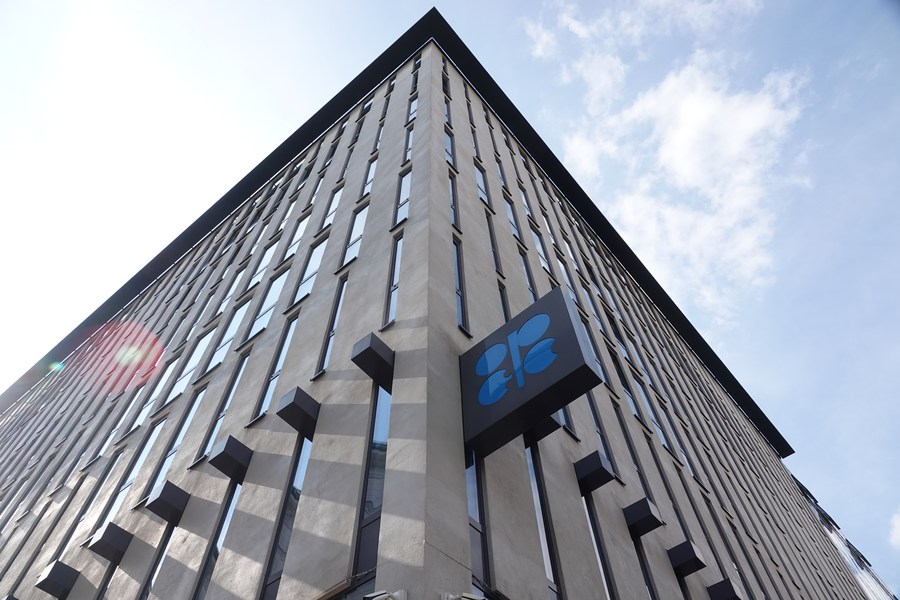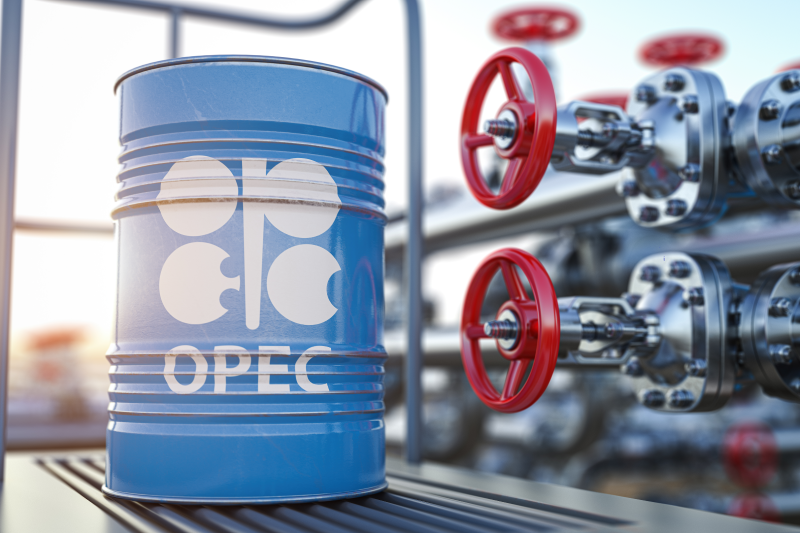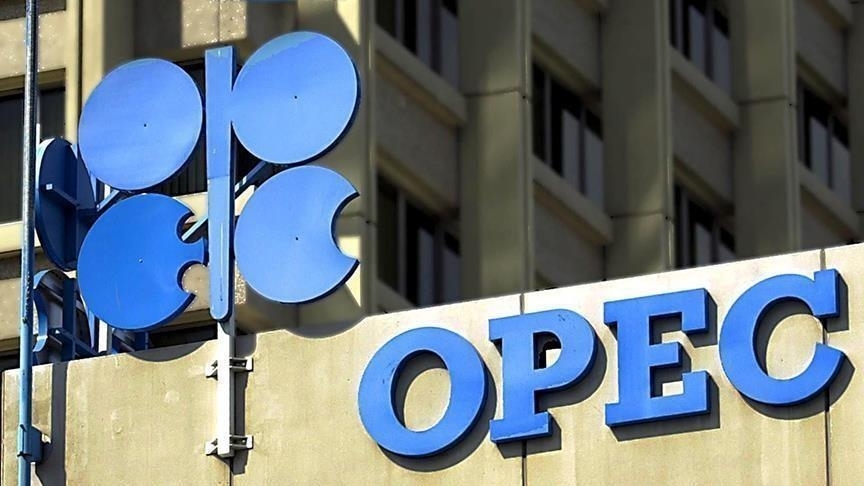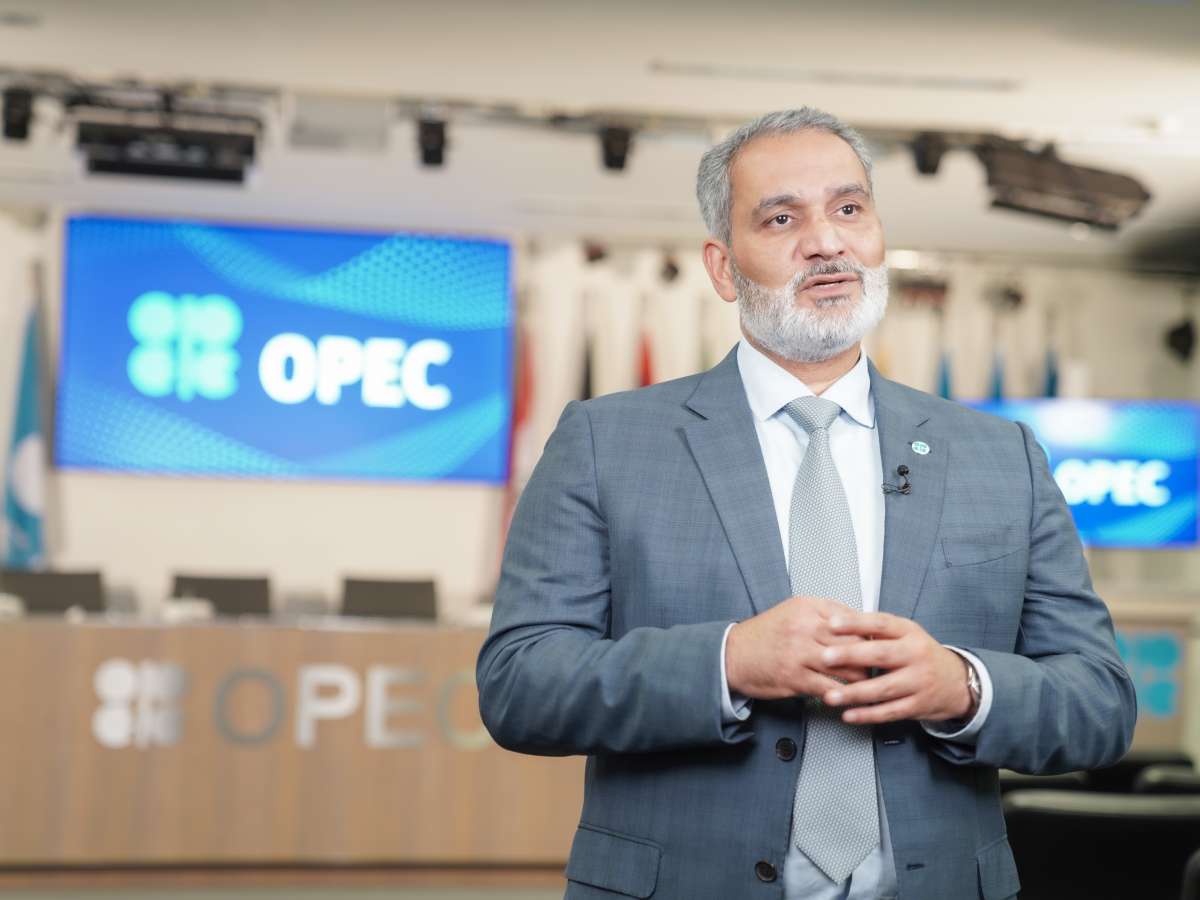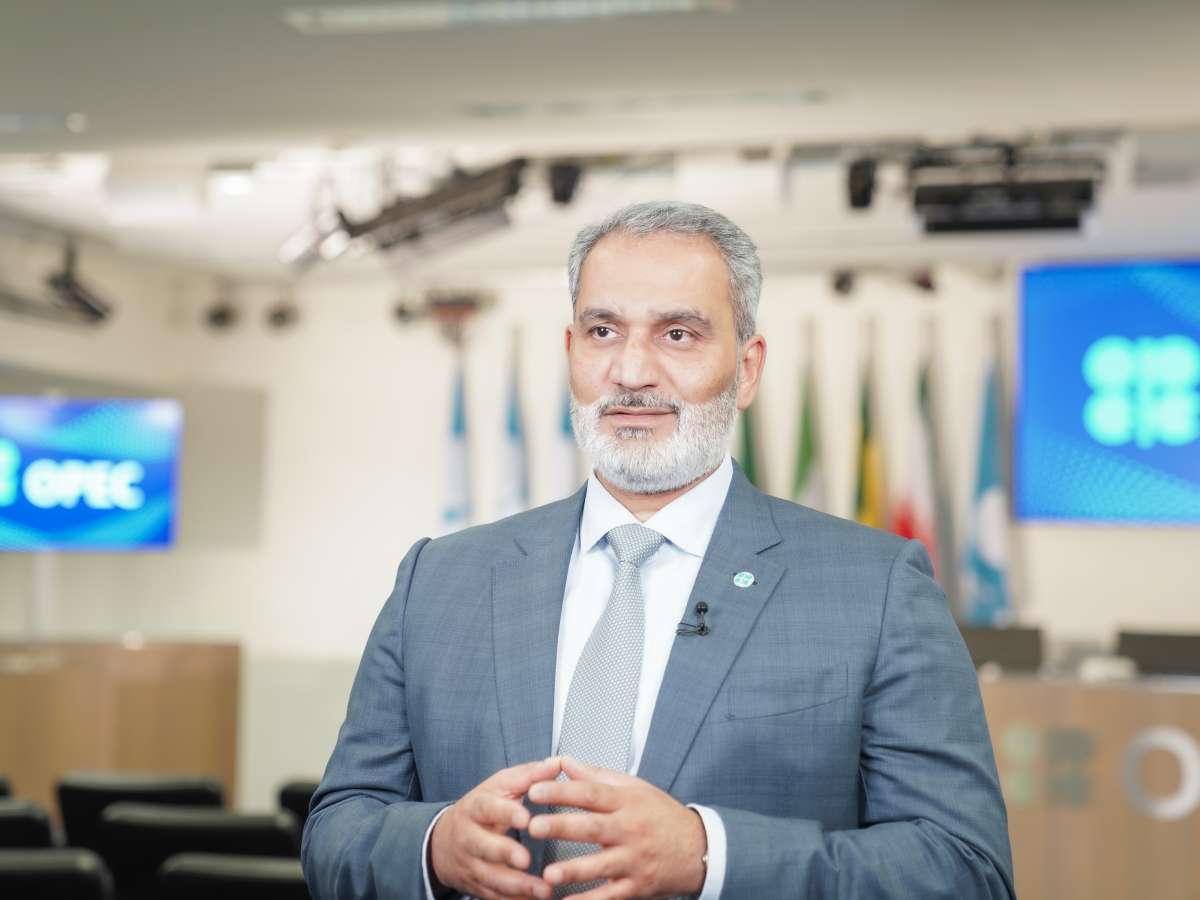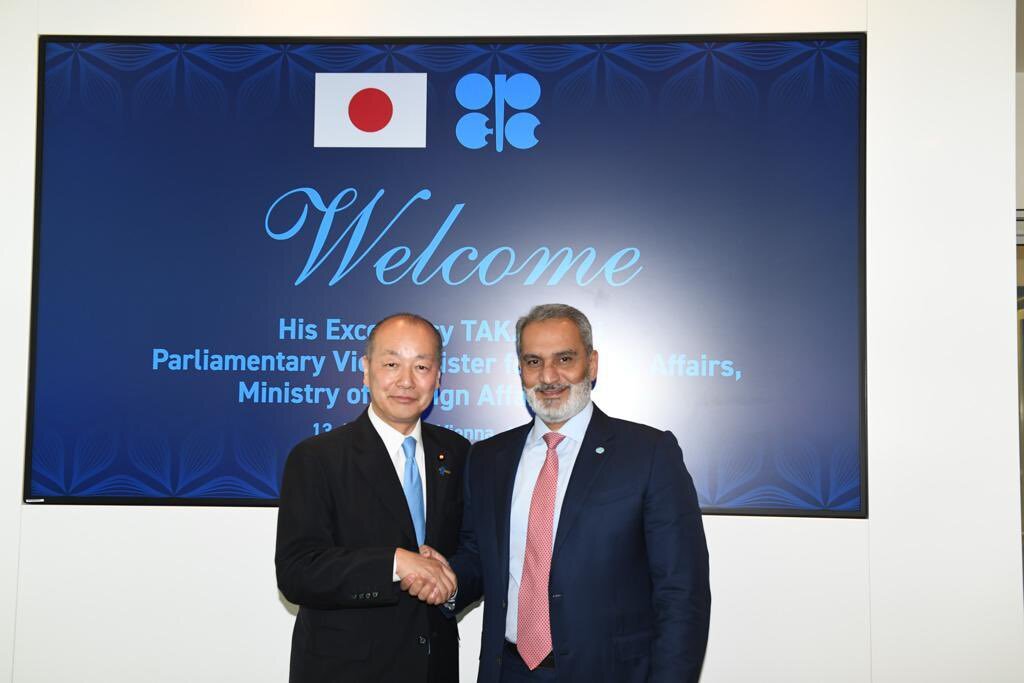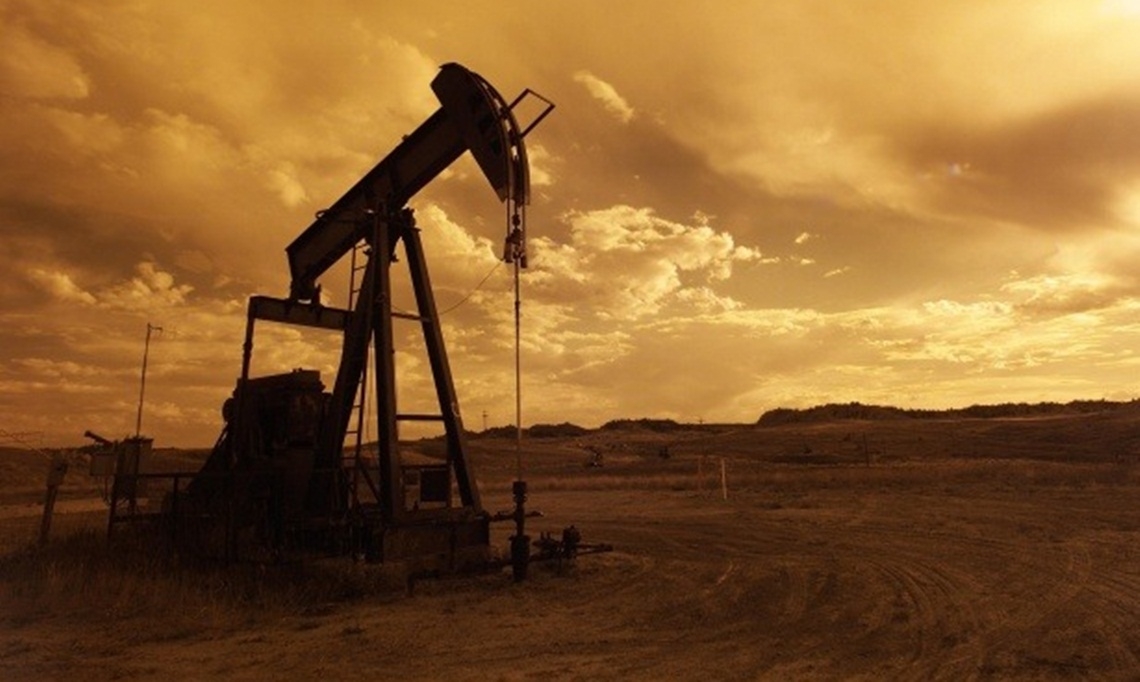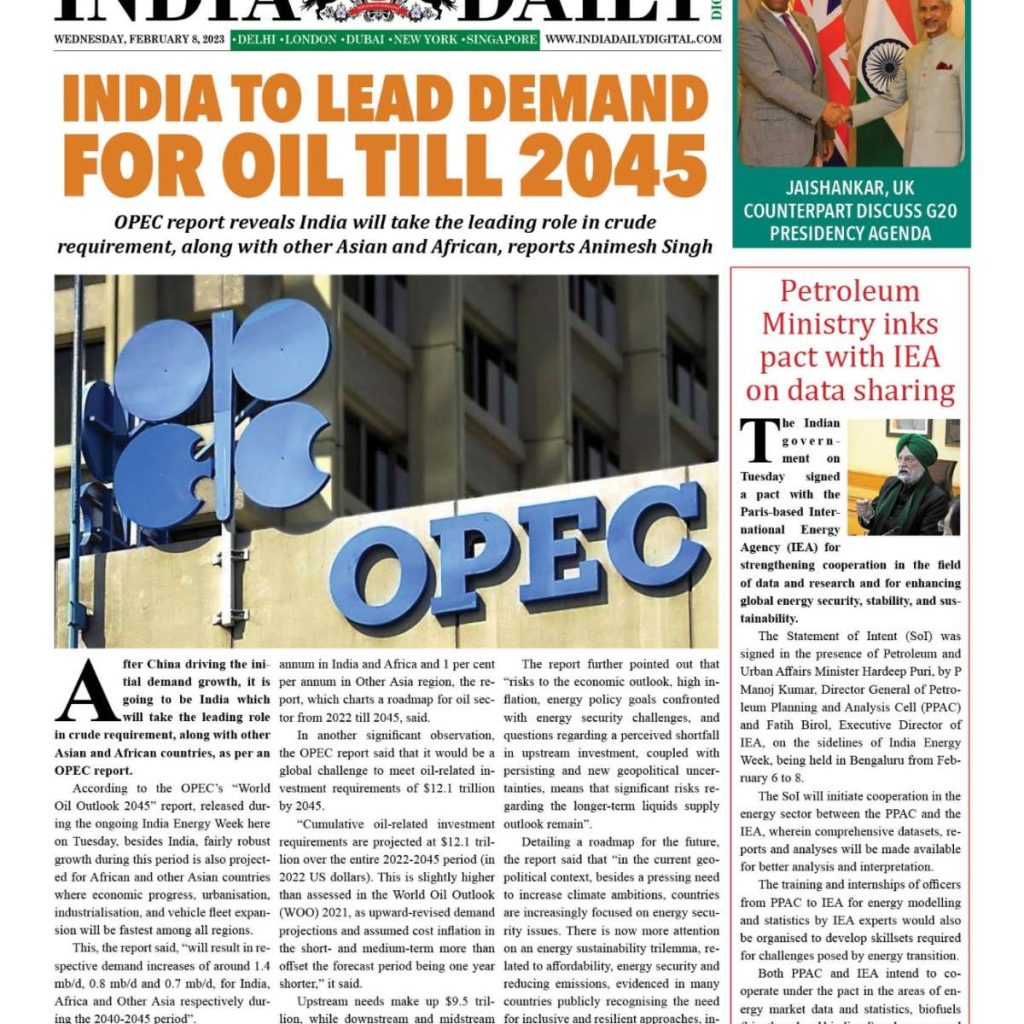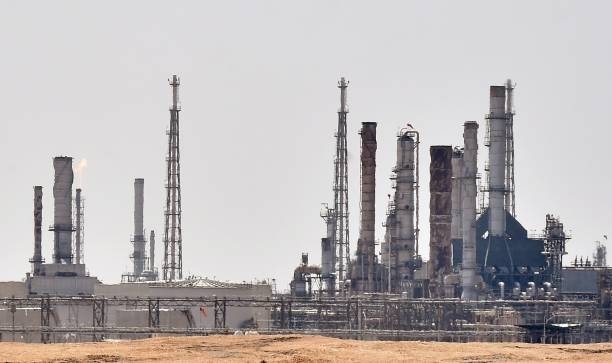Al Ghais lauded the UAE’s support for the organisation, stating that since joining OPEC, the country has played a leading role in all its affairs….reports Asian Lite News
Haitham Al Ghais, Secretary-General of the Organisation of the Petroleum Exporting Countries (OPEC), highlighted the importance of promoting dialogue in the global energy scene, with the participation of both developed and developing nations, as well as all stakeholders.
The objective is to develop a shared vision that addresses the triple challenges of energy sustainability while considering all energy sources and technologies, respecting the interests of all nations, listening to all opinions, and relying on multiple pathways to reduce global carbon emissions, he added.
In a statement to the Emirates News Agency (WAM) ahead of the upcoming 8th OPEC International Seminar in Vienna, Al Ghais said that the challenges of energy sustainability include goals related to energy security, cost affordability and the imperative to reduce emissions.
OPEC believes in the necessity of directing investments towards emission reduction technologies, such as carbon capture, utilisation and storage, the circular carbon economy, reducing methane emissions and flaring, direct air capture, hydrogen production and integrating renewable energy sources in oil and gas operations, along with the use of smart technologies to enhance the energy efficiency, he added.
Al Ghais noted that the average global production of oil and natural gas reached 100 million barrels per day and 4,000 billion cubic metres of natural gas in 2022, while OPEC’s projections indicate that by 2045, the global economy will double. The population will increase, so the demand for all energy sources, including oil and natural gas, will rise by approximately 23 percent.
Regarding the UAE’s role in supporting OPEC’s efforts, Al Ghais lauded the UAE’s support for the organisation, stating that since joining OPEC, the country has played a leading role in all its affairs. This leadership has been evident through the UAE’s contributions to the Declaration of Cooperation (DoC) with OPEC+, he added.
He also highlighted the cooperation and dialogue between OPEC and the UAE, which resulted in the signing of an agreement between the organisation and WAM, which will be an official media partner of the 8th edition of the OPEC International Seminar scheduled on 5th and 6th July in Vienna.
Some 50 high-level speakers from energy-producing and consuming nations will attend the seminar, including Suhail bin Mohammed Al Mazrouei, Minister of Energy and Infrastructure, and heads and executive directors of international organisations and companies from both the public and private sectors.
Al Ghais welcomed the guests at the seminar, which will be held at the Hofburg Palace in Vienna. They will include constructive discussions on the energy sector and its developments, in addition to other important issues, such as energy security, energy transition and attracting investment.
Regarding the hopes and aspirations for the upcoming COP28 hosted by the UAE at the end of 2023, Al Ghais said that the conference would be a key opportunity to unify the world towards practical and ambitious solutions to address the phenomenon of climate change. Therefore, it is expected to be a practical conference focused on action, implementation and inclusiveness, based on scientifically supported innovative solutions and principles that promote equality and inclusivity.
Al Ghais added that COP28 has the potential to achieve ambitious, fair and balanced results, with climate action ensuring a just transition by supporting developing countries fairly and equitably while considering national circumstances and priorities.
It should also focus on climate financing, knowledge sharing and technology transfer to encourage innovation and develop technological solutions that inspire ambition and remove barriers to collective climate action, he further added.
He stressed that since the United Nations Conference on the Human Environment in Stockholm in 1972 (Stockholm Conference), OPEC and its member countries have fully prioritised environmental and climate change issues.
The organisation has been actively participating in the United Nations Framework Convention on Climate Change (UNFCCC) since its launch in 1994, engaging in negotiations under the clear vision that developing countries are often the most affected by climate change.
Al Ghais stated that OPEC and its member countries are also committed to the goals and principles of the seminar and will play a key role in its implementation as active partners in achieving fair and realistic solutions through the belief that the oil and gas industry can play an important role in addressing climate change, including through investing in energy efficiencies and technological innovation, such as carbon capture and storage.
Regarding the global energy sector’s efforts to combat climate change, Al Ghais said that many oil-producing countries are adopting renewable and environmentally-friendly energy sources and reducing carbon emissions.
He also affirmed the importance of fulfilling related global financial commitments, such as the pledge of advanced countries to provide US$100 billion annually to assist developing countries in climate action under the UNFCCC, which will help advance the global transition towards more sustainable energy systems.

